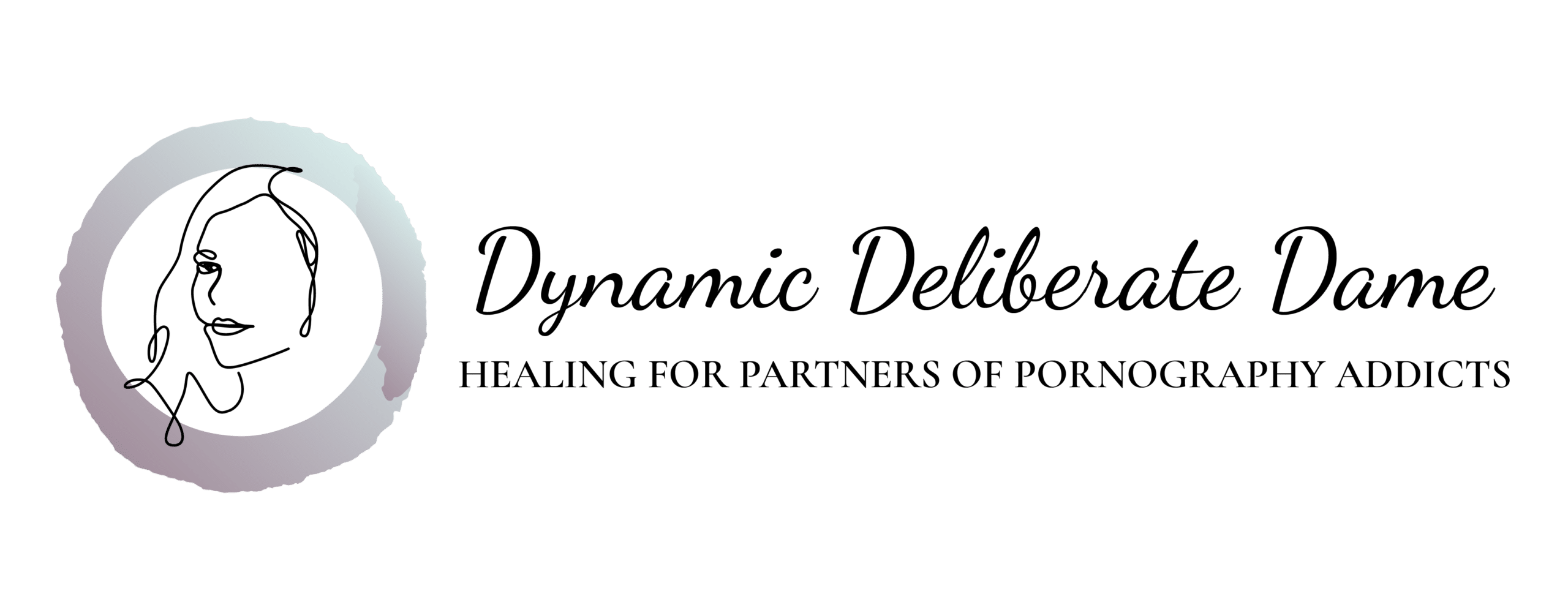None of this is your fault! You had no idea that he was a porn addict or how broken he was when you engaged in a relationship with him. The addiction probably existed long before you ever came into the picture. Most addicts start viewing pornography when they are young and it grows into a ritual for them over time. It’s important for you to overcome the belief that you had anything to do with his addiction so you can heal and recover.
You were betrayed!
One of the main reasons that partners think that they contributed to the acting out and addiction is because we want some sense of control. Our brain is trying to make sense of a situation that makes no sense to us! If we did something to cause the problem, then we can make changes to fix the problem and stop the acting out. Unfortunately, you can’t fix this.
Another reason that partners may feel like they contributed in some way is because the addict tells them so. In an effort to excuse their behavior, they blame it on their partner. The addict might try to convince you that if you had been more available or if you had looked a different way that he wouldn’t have acted out. All of this is false! He has an addiction that he cannot control and that is why he acted out.
In my personal situation, both of these reasons led me to believe that I contributed to the acting out. I look back at all of the things that I did to try to be who he wanted me to be and to try to make our home life as perfect as possible…but none of it changed his behavior. Instead, he had his cake and got to eat it too! He had the “perfect” life and continued to act out. When I finally realized that this had nothing to do with me, I was able to start healing.
Telling you to overcome the beliefs that may have been running through your mind since discovery is much easier said than done. It will take time and a steady focus on your own healing to get there.
He is the one with the problem
The problem is his to fix and it will take significant work. In the end, the choice is his as to whether or not he will engage in recovery. There are multiple factors that will contribute to his recovery. Seeing that he is engaging in meetings, going to therapy, and openly communicating with you are some of the things that can let you see that he is on the path to recovery. He has to take the steps and he has to do the work.
Your job is to focus on your recovery. Even though you aren’t the one acting out, you have been hurt by the addiction and will also need to do some work to heal. You’ve experienced so much loss because of his addiction. The life you thought you had no longer exists. You deserve healing and you deserve to get back to a life that brings you joy.
You can be supportive if you choose but you cannot own the addiction for him. Neither of you can be an accountability partner for the other either. See my post on Finding Support for guidance on who you can turn to for support. He caused your pain and he cannot be the one to help you through it. You both need separate support systems to help you through very different challenges.
Steps you can take to overcome your beliefs about your role in his addiction:
- Recognize when you are blaming yourself for any part of his addiction
- Remember that these thoughts are trying to give you a sense of control
- List the evidence that you have that disputes the belief
- Refocus and shift your beliefs to what you know is actually true about who owns the addiction
- Be kind to yourself during this difficult time in your life
Final thoughts
His addiction and acting out is not your fault! He did those things and is responsible for his own choices and behaviors. Thinking we caused the acting out in some way leads us to the false conclusion that we can make changes and the acting out will stop which is not true. It only holds you back from focusing on what you can control and from your own recovery. I believe that you can overcome negative beliefs and am here to support you!
*The information contained on this site is not intended or implied to be a substitute for professional medical advice, diagnosis, or treatment. In addition, blog posts may contain affiliate links which means that I may be compensated if you click and make a purchase.

